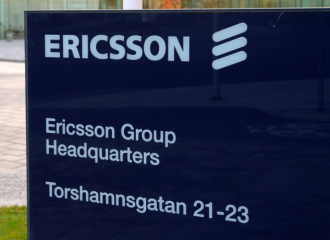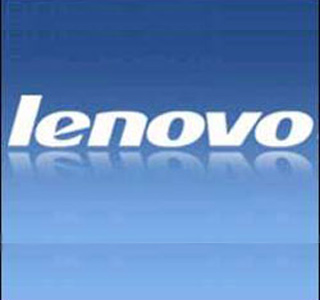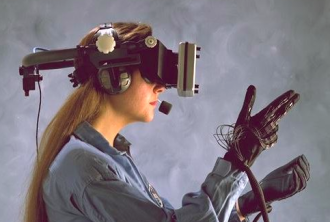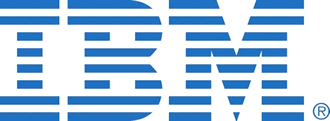 The IT division of Hitachi said it has started to sell an analytics package aimed at telecom service providers.
The IT division of Hitachi said it has started to sell an analytics package aimed at telecom service providers.
Hitachi Data Systems (HDS) said that its Live Insight for Telecom is aimed at giving providers real time information into networks, services and application level performance.
This, HDS claims, will let them predict network activity using both real time and historical data in parallel
Analytics is big business now – for example IBM is betting the farm on big data and the cloud.
So companies like HDS are claiming their products will reduce subscriber “churn”, lower the operational costs and give them new sources of revenue.
HDS claims that are close to seven billion mobile subscribers worldwide, with 78 percent of households in the developed world connected to the web.
But, it continues, even though telco providers can access tens o


















